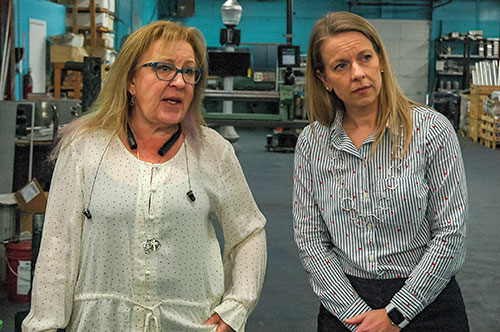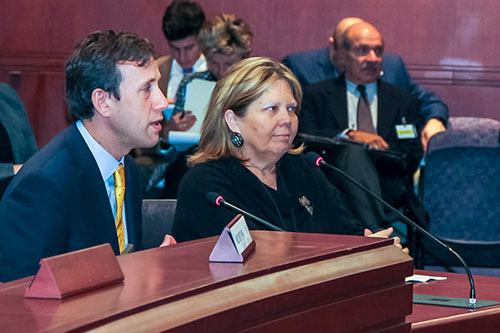Statement From Senator Lesser on the Federal Government’s Inability to Protect Student Loan Borrowers
Today, State Senator Matt Lesser (D-Middletown) released the following statement in regards to a report that the US Department of Education failed to supervise companies it pays to manage the nation’s federal student loans. The report also claims the office of Federal Student Aid rarely penalized companies for breaking the rules.
“This is exactly why we wrote Connecticut’s Student Loan Bill of Rights,” said Sen. Lesser. “These student loan companies are out of control and effectively unregulated. Secretary DeVos and the United States Department of Education are derelict in their duty to oversee student loans and protect borrowers. Even worse, the Trump administration is trying to shut down the efforts of states like Connecticut to police these loans. Their efforts are misplaced and irresponsible and I urge the Connecticut Department of Banking, Attorney General Tong and Governor Lamont to do everything possible to continue to protect Connecticut’s Student Loan Bill of Rights and state regulation of student loan servicers.”
Sen. Lesser was the principle author of the nation’s first Student Loan Bill of Rights, which was signed into law in 2015. The Student Loan Bill of Rights licensed student loan servicers and provided consumer protections for student loan borrowers. Sen. Lesser’s model is one other states have adopted to provide consumer protection for students and their parents.
About Matt Lesser: State Senator Matt Lesser was first elected in 2018 to represent the ninth Senate District which consists of Cromwell, Middletown, Newington, Rocky Hill and Wethersfield. Prior to being elected to the State Senate, he was a State Representative for the city of Middletown. He has been a principle author of Connecticut’s Student Loan Bill of Rights, the first in the nation, a moratorium on hydraulic fracturing waste and a major workplace safety law later adapted as a national standard. He has been honored by the Connecticut chapter of the AARP and has been named a champion by the Connecticut League of Conservation Voters.

